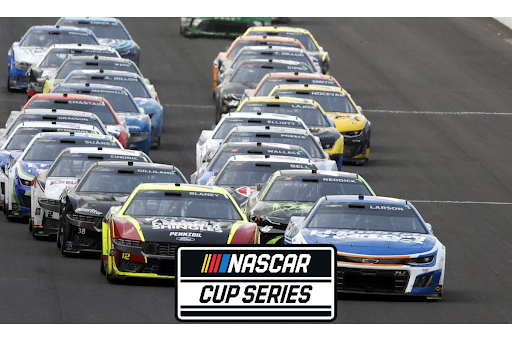The used car market is evolving rapidly, influenced by technological advancements, economic shifts, and changing consumer preferences. As we move into 2024, both buyers and dealers need to stay informed about the latest trends to make well-informed decisions. This article explores the top trends in the used car market, providing valuable insights for anyone involved in buying or selling used vehicles.
1. Increased Demand for Electric Vehicles (EVs)
Electric Vehicles (EVs) are no longer just a small market segment. With growing environmental awareness and government incentives, more consumers are considering EVs as a viable option. The used car market is seeing a surge in the availability and demand for pre-owned EVs. Buyers are attracted to the lower prices of used EVs compared to new ones, while dealers are expanding their inventory to include more electric options. Electric vehicles can also offer the buyer, tax credits to bing down their yearly tax bill.
- Benefits for Buyers: Lower purchase price, reduced maintenance costs, and environmental benefits.
- Benefits for Dealers: Expanding market segment, potential for higher margins on EV sales.
2. Digital Transformation in Car Buying
The online digital transformation of the entire car buying experience is one of the most significant trends for the used car market. Online platforms such as CarZing and other digital tools are making it easier for buyers to research, compare, and purchase vehicles without stepping into a dealership.
- Virtual Showrooms: Many dealers now offer virtual tours of their inventory, allowing buyers to explore cars from the comfort of their homes.
- Online Financing: Digital financing options streamline the purchasing process, making it quicker and more convenient, saving you time at the car dealership.
- AI-Powered Recommendations: Advanced algorithms help match buyers with vehicles that meet their specific needs and preferences.
3. Rising Popularity of Certified Pre-Owned (CPO) Vehicles
Certified Pre-Owned (CPO) vehicles are gaining popularity due to their balance of affordability and reliability. CPO programs offer used cars that have undergone rigorous inspections and come with extended warranties, providing peace of mind to buyers.
- Advantages for Buyers: Assurance of quality, extended warranties, and often, additional perks like roadside assistance. Other advantages is knowing you are not buying the car as-is.
- Advantages for Dealers: Higher profit margins compared to non-certified used cars, increased customer trust and satisfaction.
4. Shift Towards Subscription Services
Car subscription services are emerging as a flexible alternative to traditional car ownership, especially in cities with public transportation. These services allow consumers to pay a monthly fee to access a variety of vehicles, with maintenance and insurance often included.
- Benefits for Buyers: Flexibility to switch cars based on needs, no long-term commitment, and inclusive maintenance. This helps buyers who don’t have space for a car, or rarely use a car to still have the ability to use a car when needed
- Benefits for Dealers: Steady revenue stream, opportunity to reach a new customer base, and reduced inventory risks.
5. Impact of Economic Factors
Economic conditions play a crucial role in shaping the used car market. Factors such as inflation, interest rates, and fuel prices can influence buyer behavior and market dynamics.
- Inflation: Rising prices may push more consumers towards the used car market as a cost-effective alternative to new cars.
- Interest Rates: Higher interest rates can affect financing options, making used cars more attractive due to lower overall costs.
- Fuel Prices: Fluctuating fuel prices can drive demand for fuel-efficient and hybrid vehicles.
6. Enhanced Focus on Vehicle History and Transparency
Transparency is becoming increasingly important in the used car market. Buyers are more informed and demand detailed vehicle history reports to ensure they are making a sound investment.
- Vehicle History Reports: Comprehensive reports that include accident history, service records, and previous ownership details.
- Transparency Tools: Digital tools and platforms that provide real-time information about a vehicle’s condition and history.
7. Growth of Peer-to-Peer Sales Platforms
Peer-to-peer sales platforms, such as Facebook Marketplace are revolutionizing the way used cars are bought and sold. These platforms connect buyers directly with sellers, often resulting in better deals for both parties.
- Advantages for Buyers: Potentially lower prices, direct communication with sellers, and a wider selection of vehicles.
- Advantages for Sellers: Higher selling prices compared to trade-ins, direct negotiation with buyers, and a larger audience.
Conclusion
The used car market in 2024 is set to be dynamic and full of opportunities for both buyers and dealers. By staying informed about the top trends in the used car market, you can make better decisions and take advantage of the evolving landscape. Whether you are looking to buy a reliable vehicle or expand your dealership’s inventory, understanding these trends will help you navigate the market with confidence.
Remember, the key to success in the used car market is staying adaptable and informed. Keep an eye on these trends, and you’ll be well-equipped to make the most of the opportunities that 2024 has to offer.







